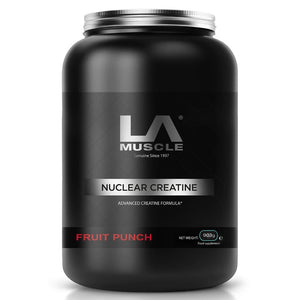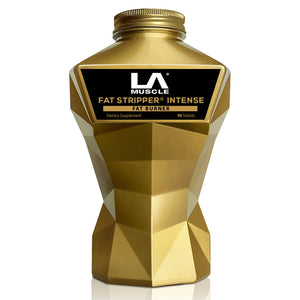In recent years, the term "probiotics" has been thrown around a lot in discussions of gut health, but its counterpart, "prebiotics", hasn't garnered as much attention. This oversight isn't fair to prebiotics, given their critical role in nurturing our gut health. Let's dive into what prebiotics are, their importance, the top 5 sources, and what they can do for your body in just a few weeks.
1. What Are Prebiotics?
Prebiotics are a type of dietary fibre that the human body cannot digest. Instead of being absorbed or broken down, they travel through our digestive system to the large intestine where they serve as food for beneficial gut bacteria (probiotics). Essentially, while probiotics are the "good" bacteria that populate our gut, prebiotics are the sustenance they rely on to flourish and exert their positive effects.
2. Importance of Prebiotics
Here's why they deserve as much spotlight as probiotics:
-
Nurturing Gut Health: By feeding the beneficial bacteria, prebiotics help maintain a balanced gut flora.
-
Enhanced Digestion: They aid in nutrient absorption and promote healthy bowel movements.
-
Support Immune System: A healthy gut plays a vital role in supporting our immune system. Prebiotics contribute to this by promoting a beneficial gut environment.
-
Mental Health Link: Emerging research has shown a connection between gut health and mental health, dubbed the "gut-brain axis". Prebiotics, by ensuring a thriving gut environment, may indirectly support mental well-being.
-
Reducing Harmful Bacteria and Toxins: Prebiotics hinder the growth of harmful bacteria by altering the pH levels in the gut.
3. Top 5 Sources of Prebiotics
1. Chicory Root: Often used as a coffee substitute, chicory root is rich in inulin, a potent prebiotic.
2. Garlic: Apart from its rich flavor, garlic boasts a high content of prebiotic fibers, mainly in the form of inulin and fructooligosaccharides (FOS).
3. Onions: Like garlic, onions are also a source of inulin and FOS, promoting gut health.
4. Asparagus: This vegetable contains a substantial amount of inulin, supporting a flourishing gut environment.
5. Bananas: While they're known for being rich in potassium, bananas, especially the unripe ones, are a good source of prebiotic fibers.
4. Sources in Food and Drinks
While the foods mentioned above are top sources, prebiotics can be found in a variety of foods and beverages. Whole grains, berries, leeks, and barley are other notable sources. Additionally, some fortified drinks and functional foods might also contain added prebiotics.
5. Consumption Recommendations
For optimal gut health, incorporating prebiotic-rich foods into your diet regularly is crucial. While there's no strict guideline on the exact quantity, aiming for a diverse diet with a mix of the sources mentioned can be beneficial. It's also important to drink plenty of water when increasing fibre intake.
6. Short-term Effects on the Body
Within just a few weeks of consistent prebiotic consumption:
-
Enhanced Digestive Comfort: Reduced bloating, gas, and more regular bowel movements can be observed.
-
Increased Energy Levels: Better nutrient absorption can lead to a feeling of increased vitality.
-
Improved Immune Responses: As the gut environment becomes more balanced, you might find yourself getting sick less often.
While probiotics often steal the show, prebiotics play an equally pivotal role in ensuring our gut health. By making them a regular part of our diet, we not only pave the way for better physical health but also foster a potential environment for improved mental well-being. Remember, a happy gut often means a happy person.


























